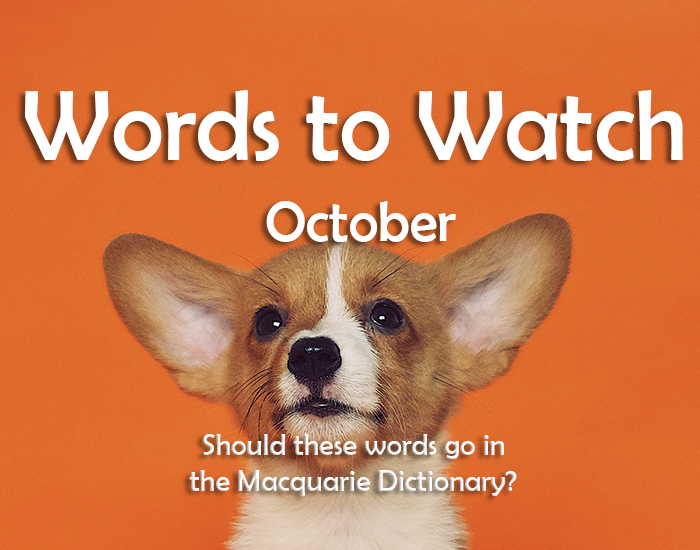
A short list of five new words to watch
It’s a dog-heavy list, but we know a lot of people like it that way. When we look through our words to watch, often submitted by

It’s a dog-heavy list, but we know a lot of people like it that way. When we look through our words to watch, often submitted by
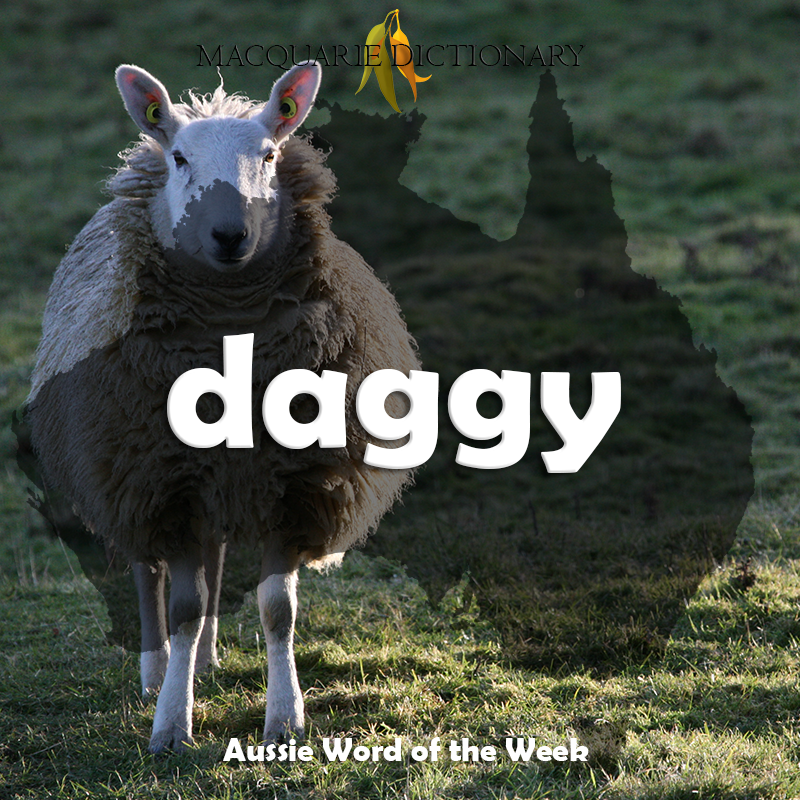
Put on your daggiest duds because we are exploring all things daggy in this week’s Aussie Word of the Week…
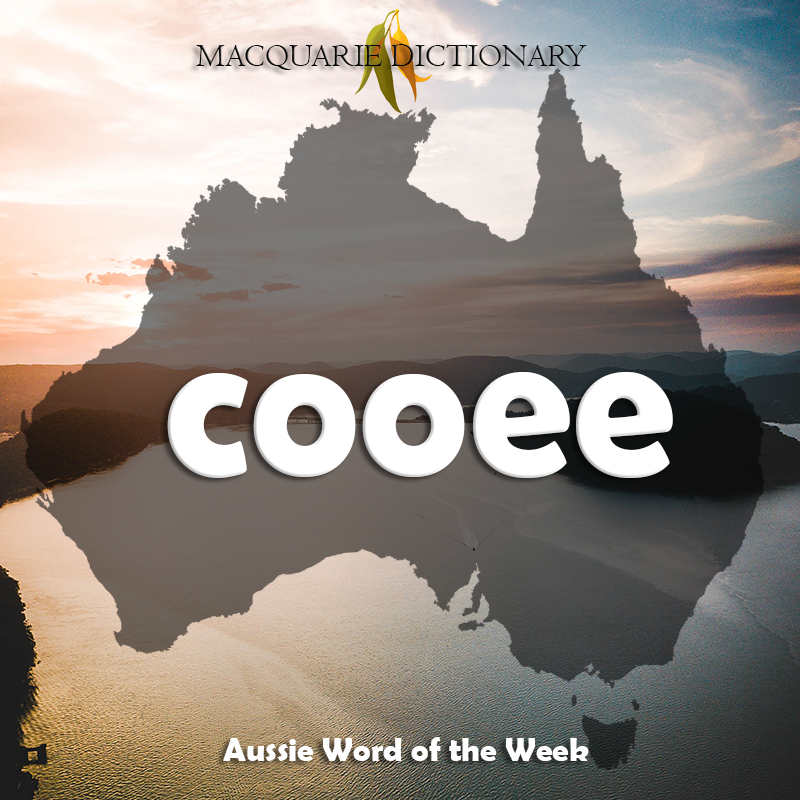
Cooee, the sound of the great Australian contact call was adopted by the first European colonists from the Dharug language and people of the Sydney area…
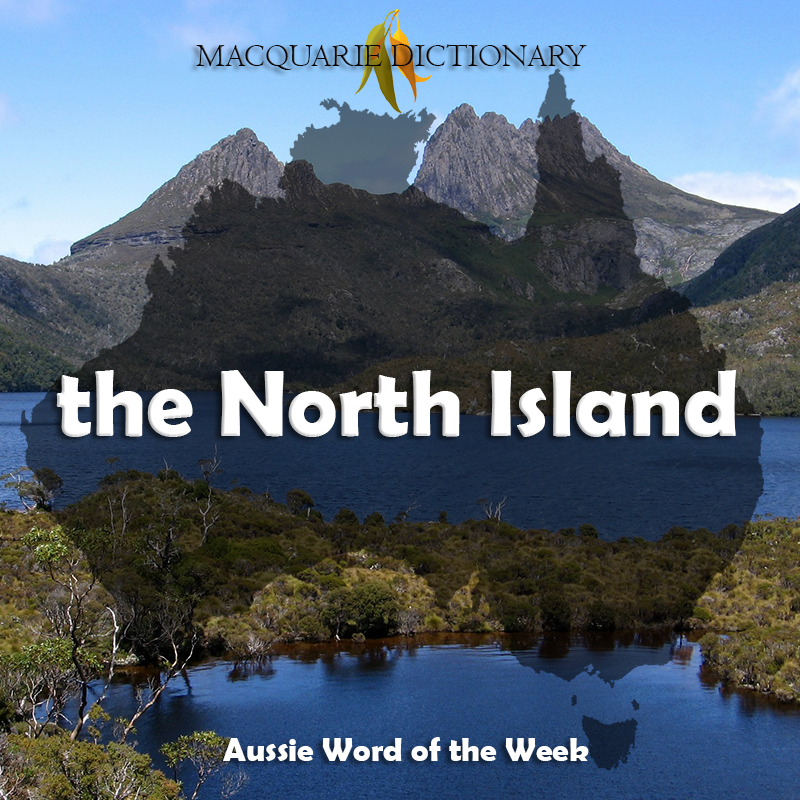
Usually associated with New Zealand’s North Island, in Australian Slang, the ‘North Island‘ is used by Tasmanians as an ironic nickname for that big chunk of land that sits across the Bass Strait…
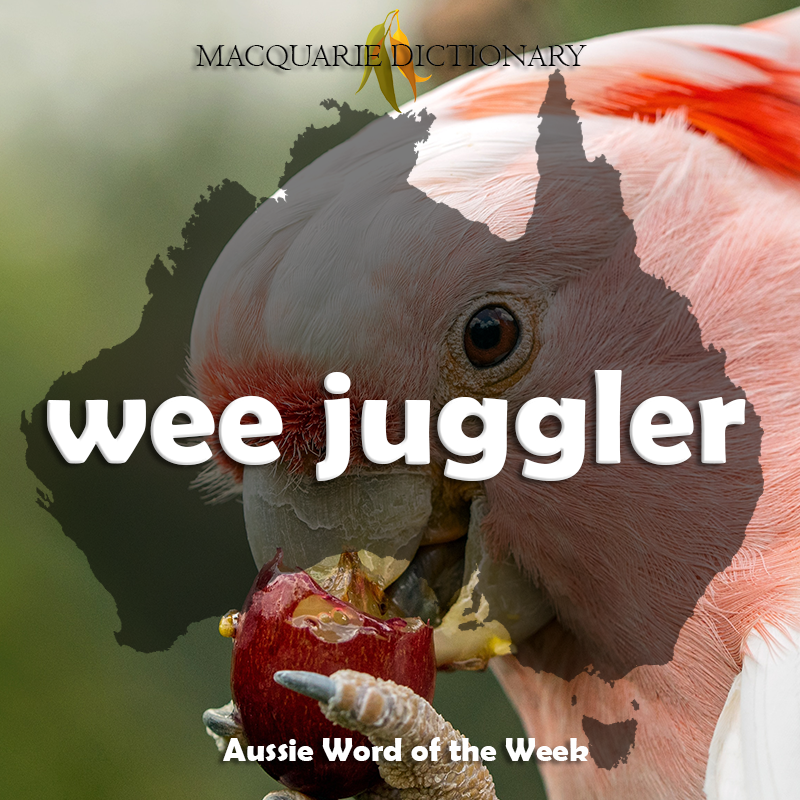
A wee juggler is a slang name for the Major Mitchell, a cockatoo with white wings, pink underparts, neck and face, and white crown suffused with salmon pink and forward-curving scarlet crest…

You may remember a few weeks ago when we featured wombat-headed as our Aussie Word of the Week. Well this week we have another great Aussie insult. Pie-eater...

Words that have been borrowed into English from Australian Indigenous languages have often followed a circuitous path, beset by failures in communication between the Indigenous peoples
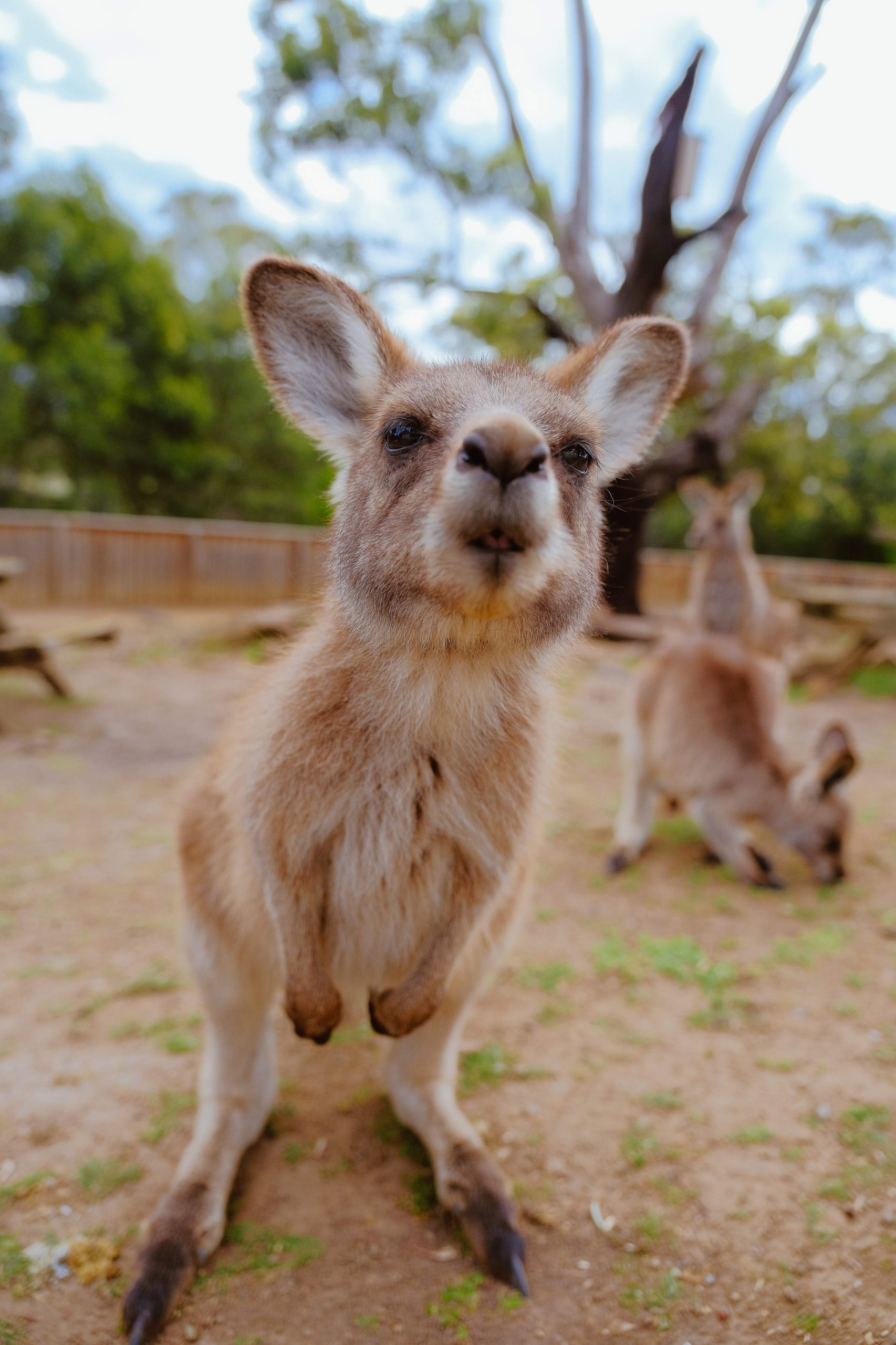
It is a myth that is, despite being debunked in the 1970s, still rampant – still passed smugly between schoolchildren in playgrounds all over Australia.
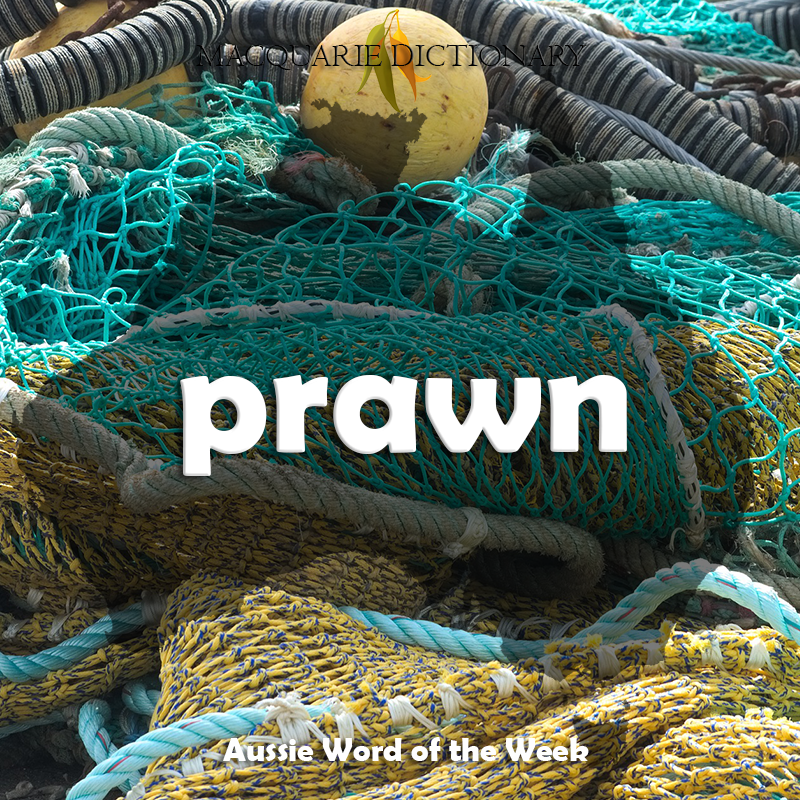
Prawn has been a part of Australian slang since the 1890s, to call someone a prawn is to call them a fool or jerk…
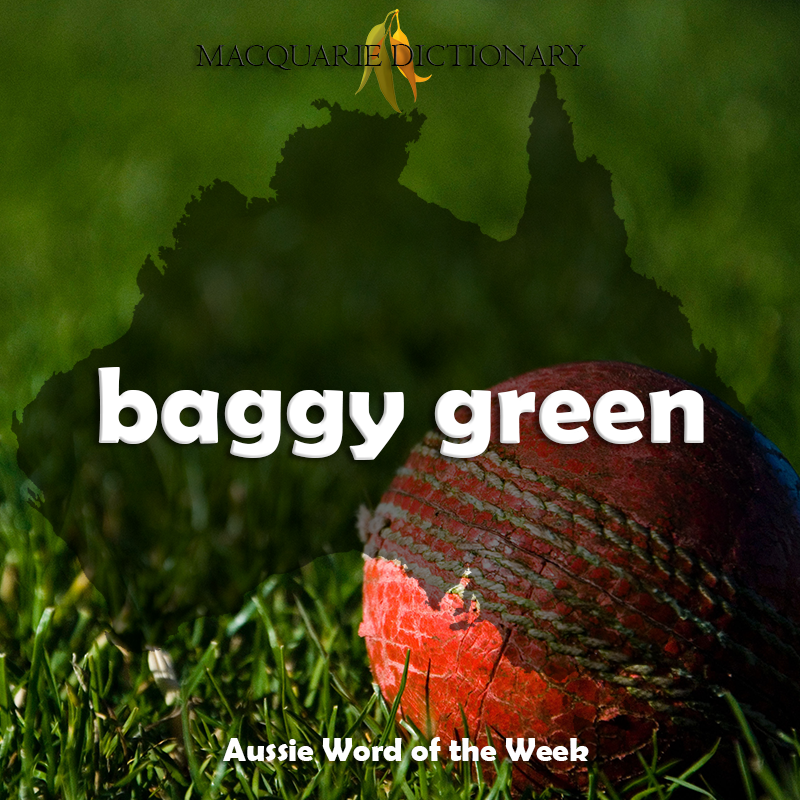
The baggy green is the cap worn by Australian test cricket players. It is traditionally presented to players before their debut test match, the baggy green
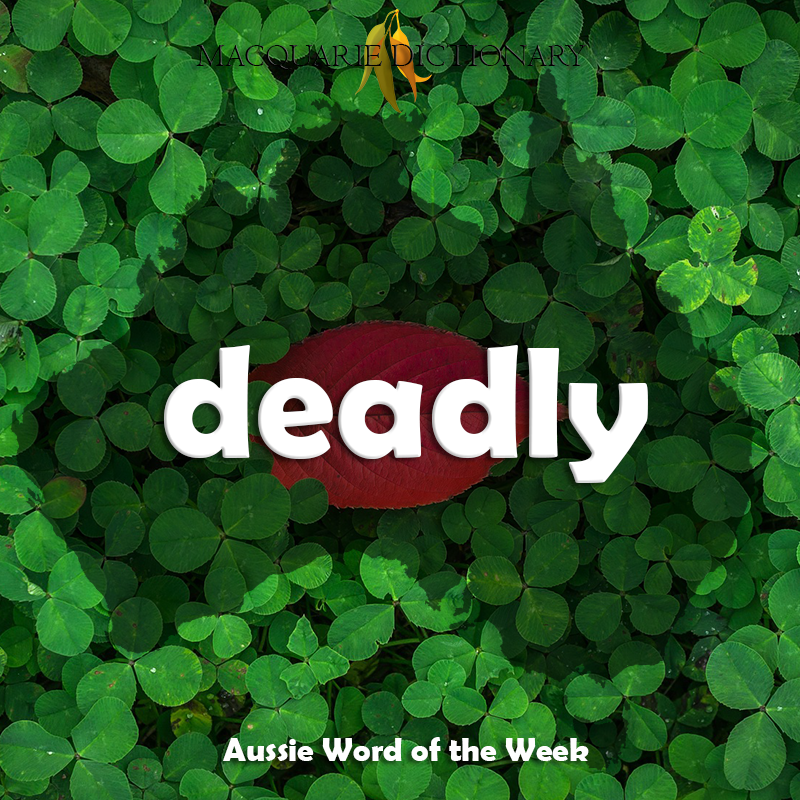
The word deadly with its current meaning was originally coined in the 1900s. It was then adopted into Aboriginal English in the 1970s and from then into
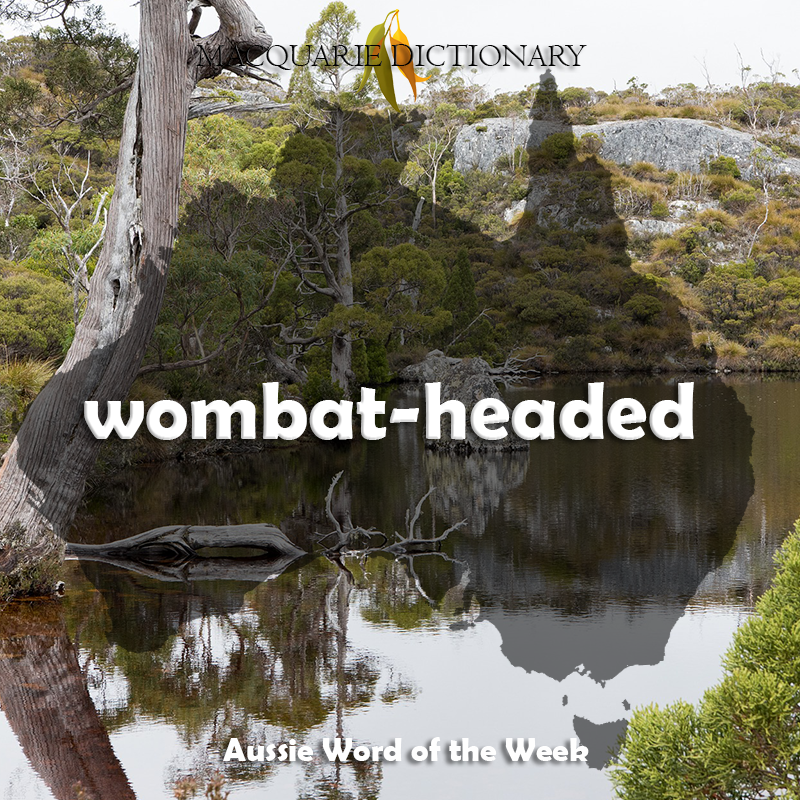
Each week, we have a look at a slang word from Australian English. This week we look at wombat-headed. Meaning dull, stupid or block-headed, wombat-headed is a great Aussie insult originating from Ned Kelly’s famous 1879 Jerilderie letter.
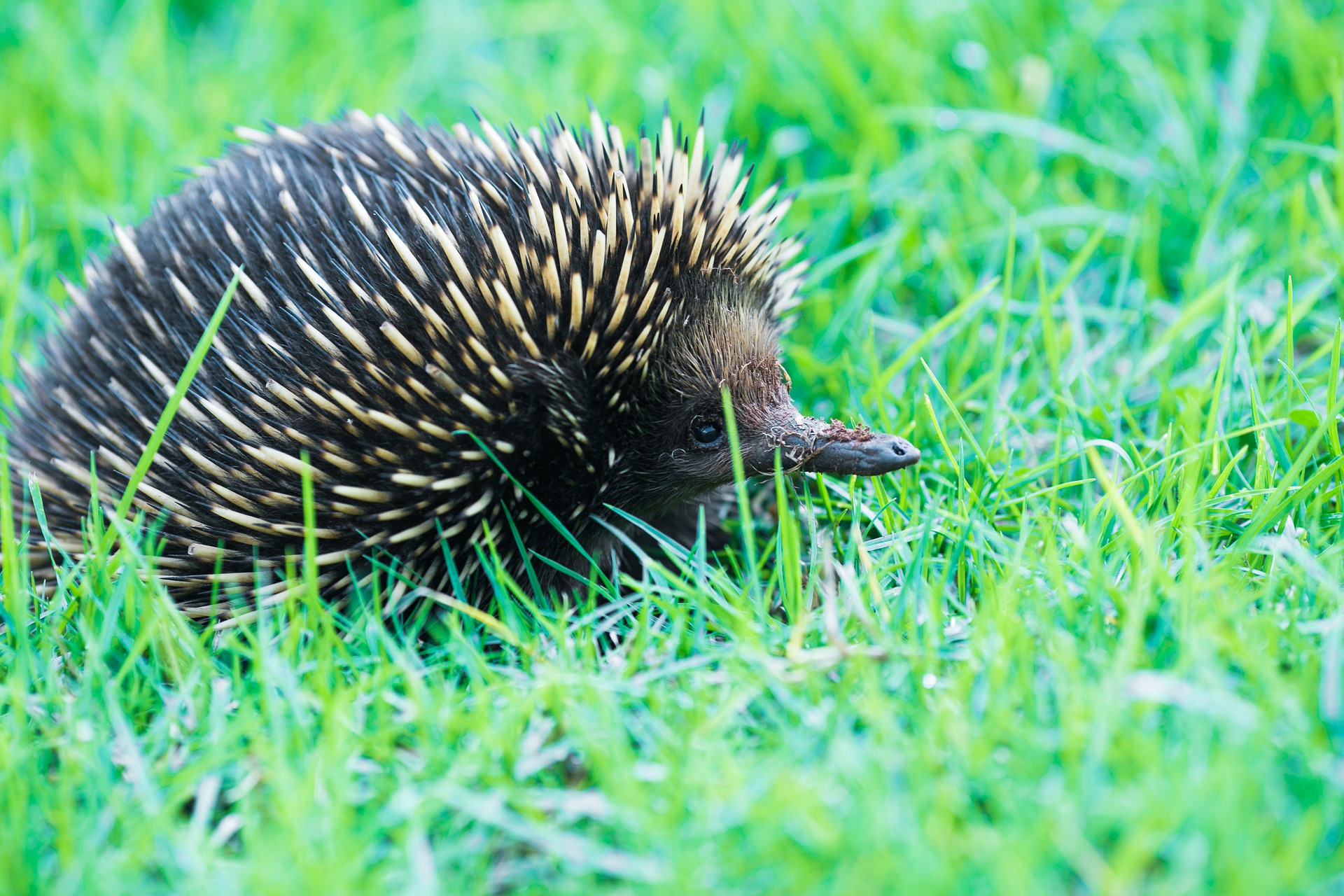
We recently received a letter asking about the derivation of the word echidna. Was our iconic spiny anteater connected to the terrifying goddess Echidna of
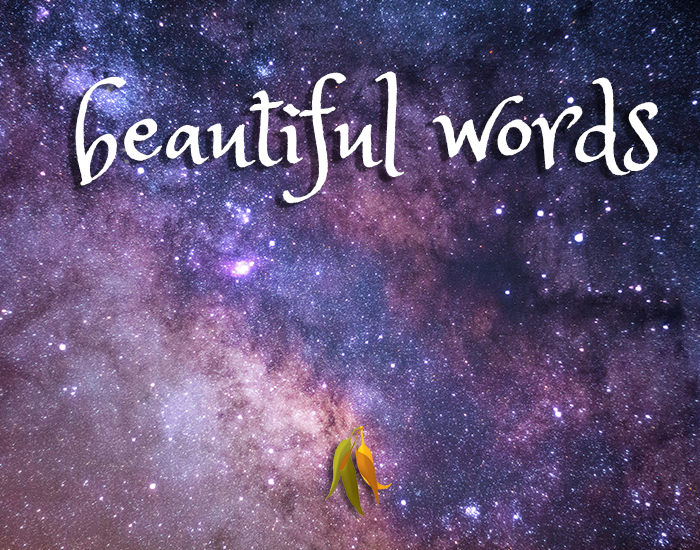
Words can be beautiful in the way they look, the way they sound and in what they mean. Some words hit the trifecta of beauty,

Each week, we have a look at a slang word from Australian English. A barney is an argument or a fight. It is thought to have come across from a British dialect, though it isn’t certain how exactly it came to be. The word is also part of Polari, a slang language popular in British theatrical and comedy circles, particularly gay circles,
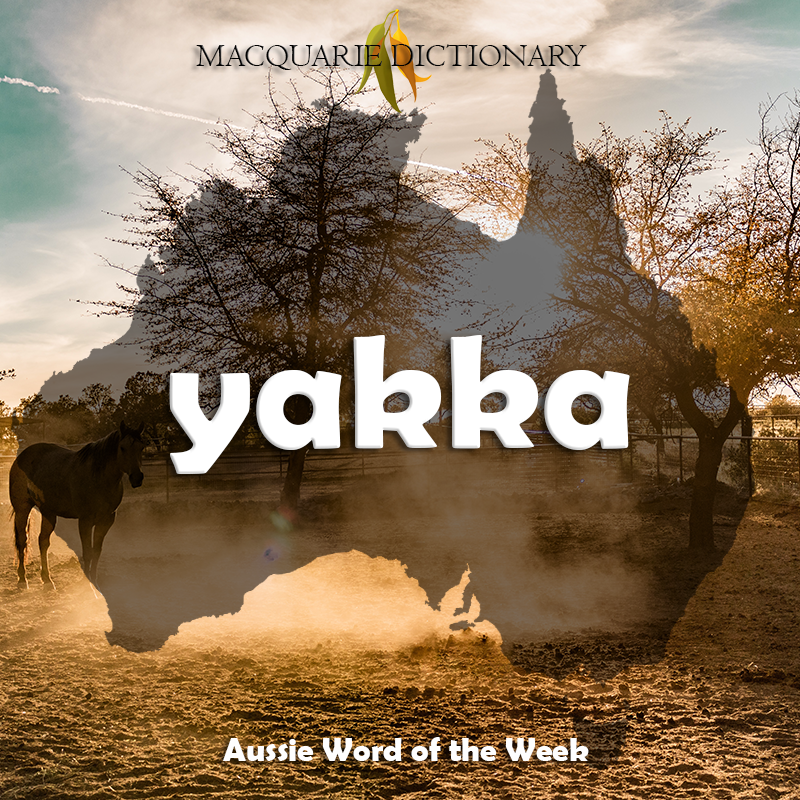
Each week, we have a look at a slang word from Australian English. This week we look at yakka. The word yakka means hard work, especially manual labour. This has been Australian slang since the 1880s but is one of many words we have in Australian English to originate from an Aboriginal language.
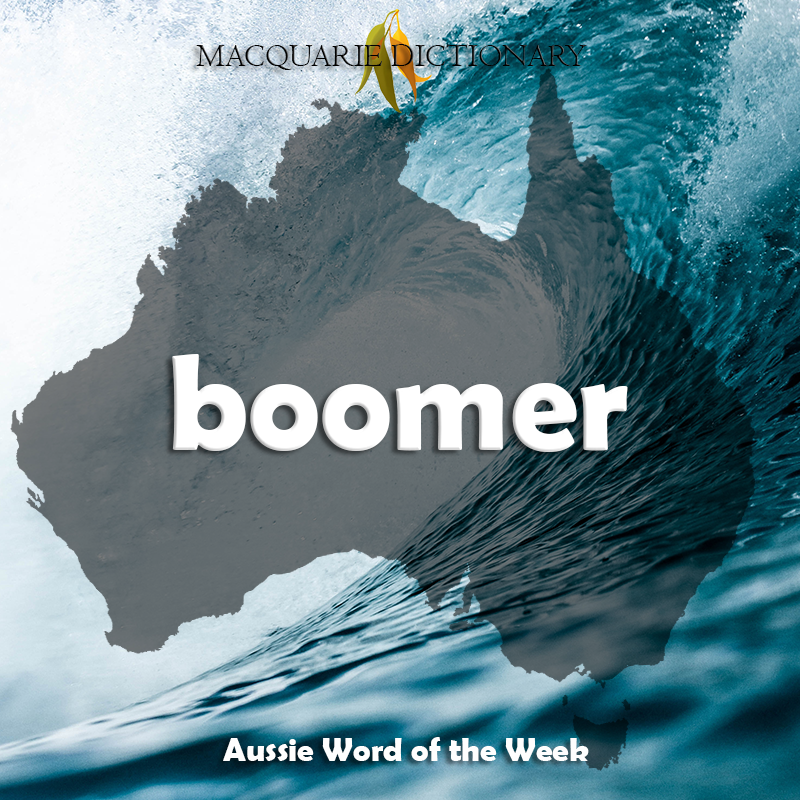
Each week, we have a look at a slang word from Australian English. This week we look at boomer. There are a lot of very different meanings for the word boomer in colloquial Australian English. The most common is as something large, like a crashing wave. But it is also popularly known to mean something successful or popular, as a party or song. A newer reference, unrelated to these two, is simply as the shortened version of baby boomer.
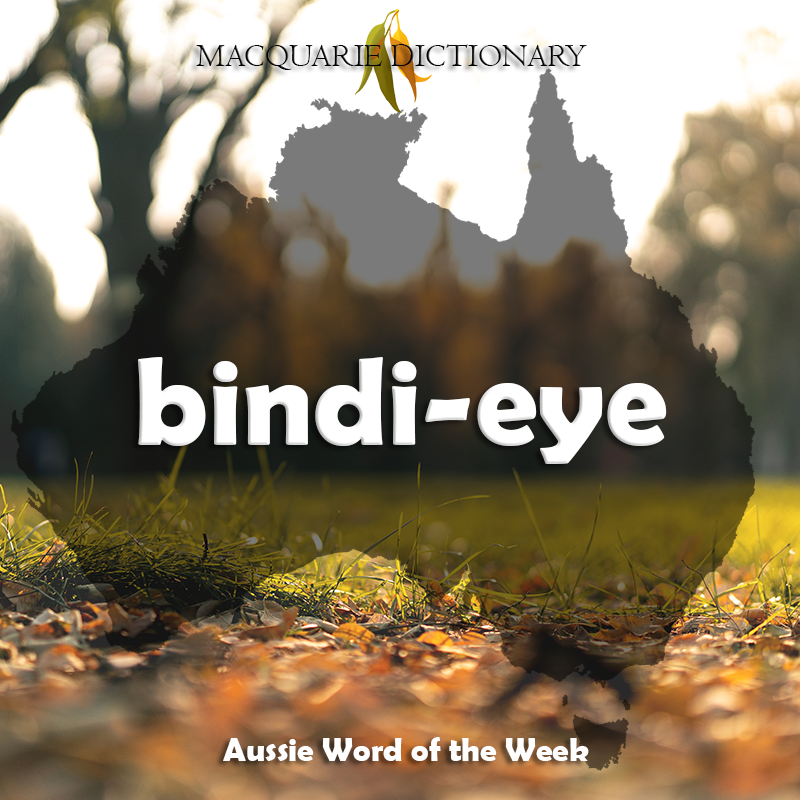
There are many names for this stalwart feature of an Australian childhood. Running barefoot across the grass is almost guaranteed to result in a bindi-eye
New to Macquarie?Enjoy all the great features by |
Sign in
|
When you submit material to Macquarie Dictionary the following conditions apply:
This database is run and maintained by Macquarie Dictionary Publishers an imprint of Pan Macmillan Australia Pty Ltd, publishers of the Macquarie Dictionary.
The Macquarie Dictionary Publishers an imprint of Pan Macmillan Australia Pty Ltd maintains the right to publish in book or electronic form products arising from this website.